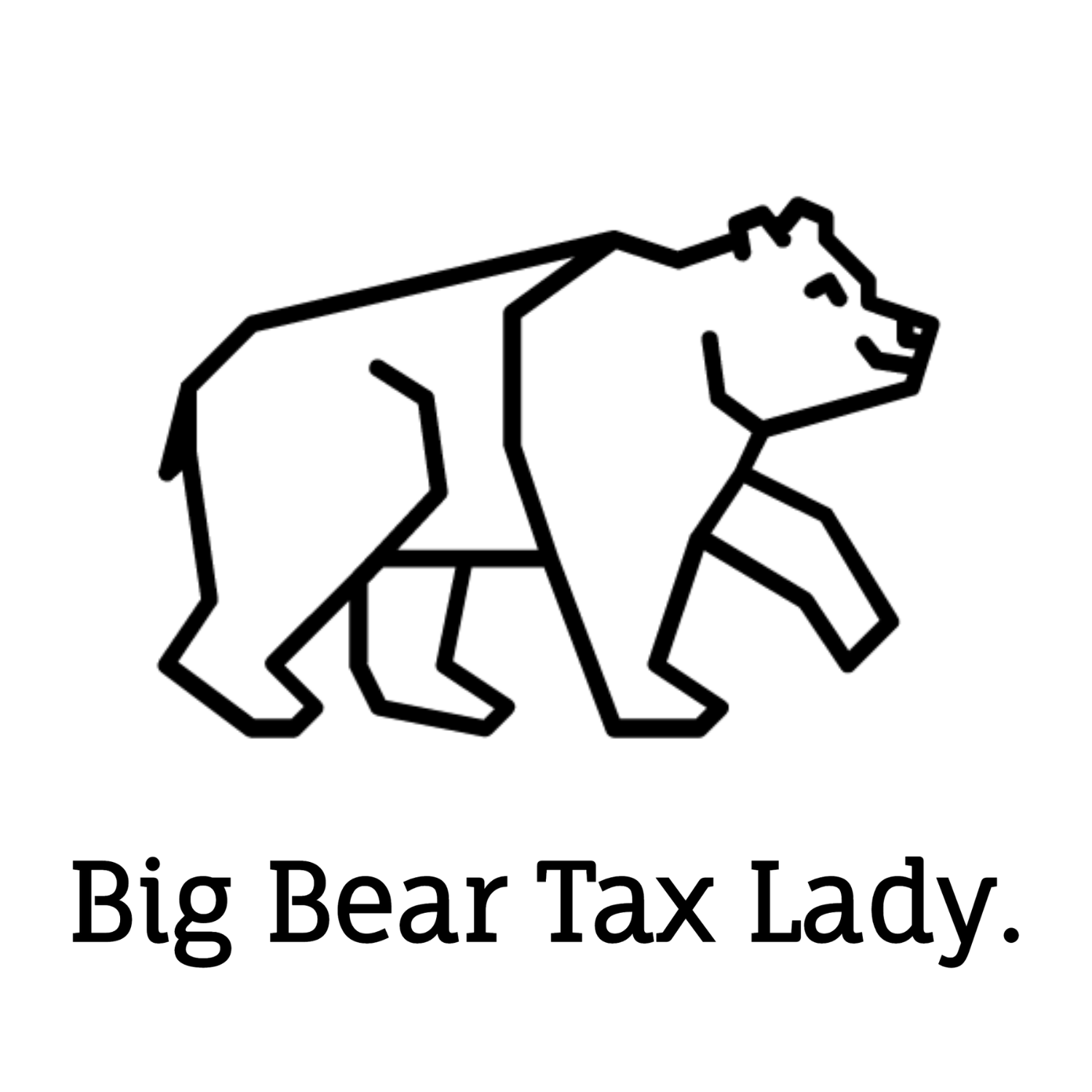The "Gig" and Sharing Economy Are Here To Stay
As more and more of my clients are joining the "Gig" and sharing economy, I attended an amazing seminar by William Rogers, of ASCEND Business Advisory out of San Diego.A "Gig" worker is also known as a "contingent worker" or "freelancer." You may be working on a 6-month project (or "gig") for a company, and then move on to another gig with another company. This group comprises about 40% of the current workforce. Ironically, I remember attending a Tom Peters seminar back in the early 90's and learning that the future will be the "era of the freelance professional."The "Sharing" economy is one of the largest part of this gig trend, and it includes ridesharing (Uber, Lyft, Via, etc) and property sharing (Airbnb, VRBO, Flipkey, etc). It's a pretty simple concept actually-- basically taking an under-utilized asset and re-purposing it to fulfill an existing market, whether it be a residence, a vehicle, spare time, commercial space, etc. For example, NYC-based "Spacious" takes under-utilized restaurant spaces (when a restaurant is closed during the day) and "converts" them into work spaces for telecommuters, entrepreneurs and "gig" workers.If you drive for Uber or Lyft, chances are you are an independent contractor and will receive a Form 1099 (in some cases, you may be a W-2 employee, but that's not the norm). You need to track your vehicle expenses (mileage, gas, repairs, tolls, insurance, etc), as well as supplies and cell phone expenses. Since no income taxes are withheld, and you are also liable for Social Security and Medicare taxes, you should also make quarterly tax payments.Property sharing, like Airbnb, can be a little tricky tax-wise: are you running it like a hotel/motel business (Schedule C business) , or a real estate rental (Schedule E)? First of all, if you rent your property less than 15 days a year, you do not even need to report the income, as it's not taxable. If you received a Form 1099 for rental income less than the 15 days, you then need to report the income on the Schedule E, but offset it on Line 19 as exempt income.If you rent your property more than the 15 days per year, then you need to figure the number of personal use days, as well as calculate the "average rental period" during the year. If the average rental period is 7 days or less, the activity is treated as a BUSINESS (Schedule C) and not a rental (Schedule E). IF the average rental period is over 7 days, you can consider it a rental-- unless significant personal services are provided (for example, you make the guests breakfast, give them a tour, etc.).The property sharing trend brings with it considerable local issues-- such as Transient Occupancy Tax, property zoning, etc. Airbnb does NOT collect TOT taxes on all of its properties, so make sure you get all that information prior to renting out part of your home.Another part of the sharing economy is "Crowdfunding." It consists of "Peer-to-Peer Lending" (Lending Club), Personal Fundraising ("GoFundMe"), or project or business funding (Kickstarter, Indiegogo). The tax treatments for these items vary, depending on if the funding is donation-based, reward-based or equity/debt-based.If your funding is a loan, the interest may be deductible if the loan is secured by real estate. If it's a business loan, you may be able to deduct the interest as a business expense.For personal fundraising via GoFundMe, if the monies received are a GIFT, and nothing is received in exchange for that gift, then it's not considered taxable income. The donor can give a gift of up to $14K without having to file a gift tax return. If it's over that amount, it's the donor's filing responsibility, not the recipient. The recipient may receive a Form 1099K, which must be reported on the tax return as tax-exempt income.If you donate to a charity using GoFundMe, make sure it has the "Certified Charity" badge, or the donation will NOT be deductible. Also, if you are fundraising for a project on one of the crowdfunding websites (GoFundMe, Kickstarter, etc) and are offering a reward (say a gift card or a copy of your book, etc), then the proceeds ARE TAXABLE income to you-- regardless of the value of the reward!This sharing economy is only going to expand, so if you're joining this trend, always make sure you check with your tax preparer so there are no surprises at tax time!

